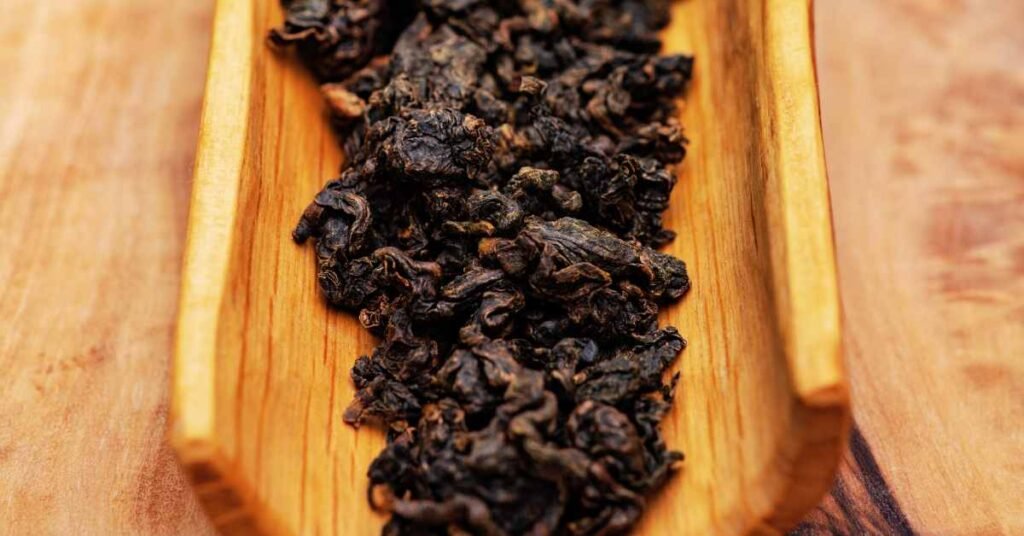In a world that often rushes at breakneck speed, it’s essential to find moments of tranquility and healing.
One such ancient remedy, with roots dating back thousands of years, has been brewing silently in teapots across cultures – tea.
Beyond its aromatic allure and delightful flavors, tea emerges as a potential elixir for those grappling with neuropathy, offering a holistic approach to alleviating symptoms and promoting overall well-being.
The Origins of Tea

Tea’s rich history can be traced to ancient China, where legend has it that the Emperor Shen Nong discovered the beverage around 2737 BCE when tea leaves accidentally fell into his boiling water.
This serendipitous infusion marked the inception of a beverage that would later permeate cultures worldwide, finding its way into both daily rituals and ceremonial practices.
Understanding Neuropathy
Neuropathy, a condition affecting the peripheral nerves, can manifest in various forms – from tingling sensations and numbness to sharp, shooting pains.
Causes range from diabetes and autoimmune diseases to certain medications and traumatic injuries.
Living with neuropathy often entails navigating discomfort and searching for effective coping mechanisms.
The Healing Essence of Tea
Tea, with its myriad varieties – green, black, white, oolong, and herbal – is not just a beverage; it’s a vessel for healing compounds that may offer relief to those grappling with neuropathy.
Let’s explore the therapeutic potential of tea and how its soothing properties can be harnessed for neuropathic well-being.
Green Tea – Nurturing Nerves with Antioxidants:
Green tea, celebrated for its high concentration of antioxidants, takes center stage in the realm of neuropathy relief.
The star player in green tea is epigallocatechin gallate (EGCG), a potent antioxidant known for its anti-inflammatory properties.

Studies suggest that regular consumption of green tea may help mitigate inflammation in the nerves, potentially reducing neuropathic symptoms.
Black Tea – A Robust Infusion of Comfort:
Not to be overshadowed, black tea presents its own set of benefits.
Rich in theaflavins and thearubigins, black tea boasts antioxidant and anti-inflammatory properties that may contribute to alleviating neuropathic discomfort.
Additionally, the moderate caffeine content in black tea can provide a gentle energy boost without the jitters associated with higher-caffeine beverages.
White Tea – The Gentle Nudge Towards Calmness:
With its delicate flavor and minimal processing, white tea offers a soothing alternative.
Packed with polyphenols, white tea exhibits antioxidant effects that could potentially protect nerves from oxidative stress.
Its subtle caffeine content allows for a milder stimulant experience, making it an excellent choice for those sensitive to stronger teas.
Oolong Tea – Harmonizing the Body and Mind:
Positioned between green and black tea, oolong tea combines the best of both worlds.
With a unique blend of antioxidants and semi-oxidized leaves, oolong tea may aid in balancing the nervous system.

The calming effect of oolong, combined with potential anti-inflammatory benefits, can be a comforting embrace for those managing neuropathy.
Herbal Infusions – Nature’s Panacea:
Stepping away from the traditional tea plant, herbal infusions open a realm of possibilities for neuropathy relief.
Chamomile, known for its calming properties, can help alleviate stress-related nerve discomfort.
Meanwhile, peppermint tea, with its menthol component, may provide a cooling sensation, offering a respite from the burning sensations often associated with neuropathy.
Brewing the Perfect Cup
The art of brewing tea extends beyond choosing the right variety.
The method of preparation and mindfulness during the brewing process can enhance the therapeutic benefits.
Using filtered water, steeping tea at the recommended temperature, and allowing the leaves to unfurl at their own pace ensures the release of essential compounds for maximum efficacy.
Moreover, incorporating mindfulness practices while preparing and savoring tea can enhance its therapeutic effects.
The act of brewing becomes a mindful ritual, a pause in the day to appreciate the sensory experience and cultivate a sense of calmness.
Cultivating a Tea Ritual for Neuropathic Well-being

Beyond the cup, integrating tea into a daily ritual can amplify its impact on neuropathic symptoms.
Mindful sipping, combined with deep breathing exercises, may create a serene environment conducive to stress reduction.
Establishing a dedicated tea time, whether in the morning to kickstart the day or as an evening wind-down ritual, provides a consistent anchor for neuropathy management.
Additionally, exploring tea meditation – a practice rooted in mindfulness – can deepen the connection between mind, body, and the therapeutic elixir in the cup.
Engaging the senses in the subtle dance of flavors and aromas fosters a heightened state of awareness, promoting relaxation and, potentially, alleviating neuropathic discomfort.
Final Word
As the comforting tendrils of steam rise from a freshly brewed cup, tea becomes more than a beverage – it transforms into a holistic remedy for those navigating the intricate web of neuropathy.
From the antioxidant-rich green tea to the calming embrace of herbal infusions, the world of tea unfolds as a tapestry of healing possibilities.
In the silence of a mindful tea ritual, neuropathy sufferers may find solace, a gentle reprieve from the challenges that accompany their condition.
The centuries-old tradition of tea-drinking, with its roots in ancient wisdom, continues to weave its therapeutic magic, offering a sip of serenity in a world that often rushes past the subtle nuances of well-being.
So, let the teapot sing its soothing melody, and may every sip be a step towards neuropathic wellness.
MEDICAL DISCLAIMER
Itsnevernotteatime.com cannot and does not contain medical/health advice. The medical/health information is provided for general and educational purposes only and is not a substitute for professional advice.




